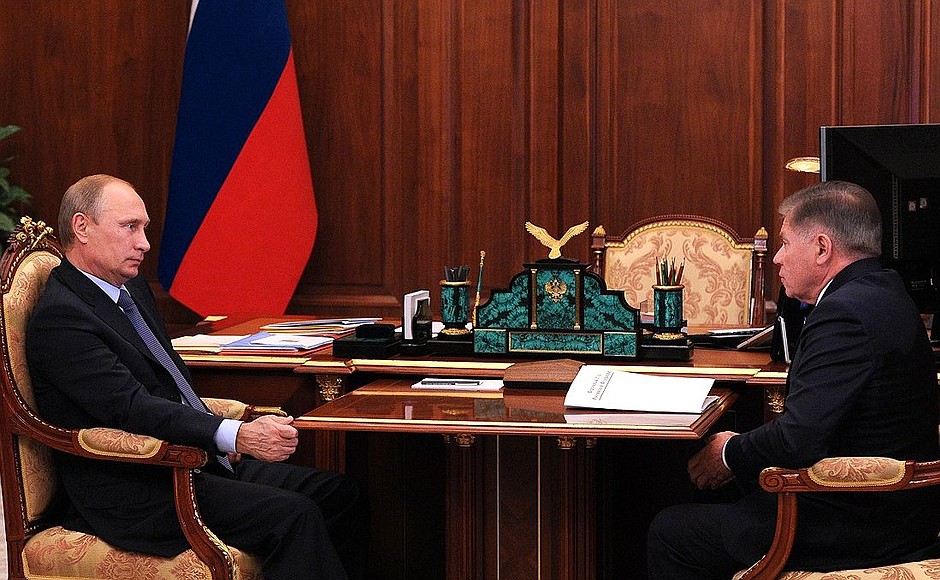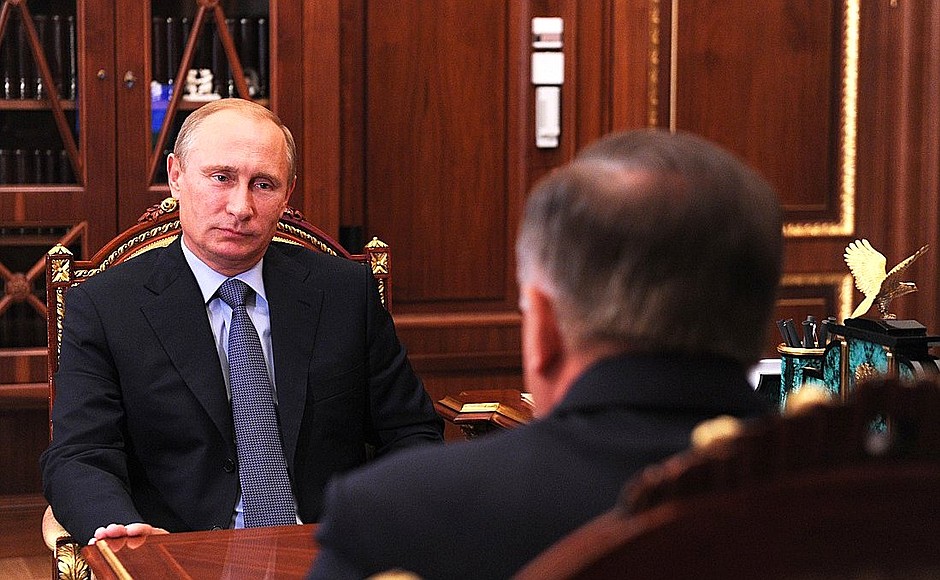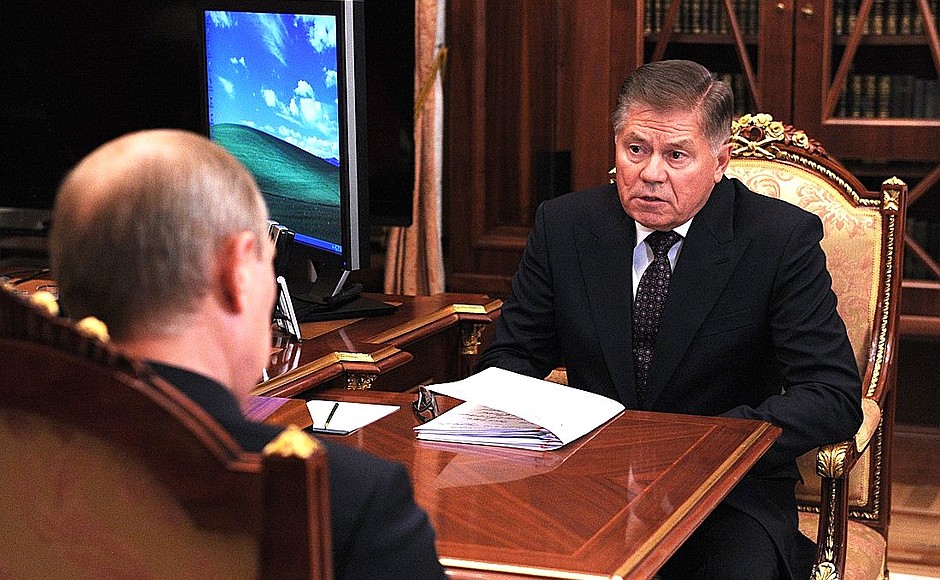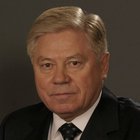President of Russia Vladimir Putin: Mr Lebedev, I believe you have already assumed your old but upgraded position. It is upgraded in the sense that the new supreme judicial authority is now in operation. What are your first steps?
Supreme Court President Vyacheslav Lebedev: Mr President, the Supreme Court has been in operation since August 6; all the judicial divisions and assemblies of the Supreme Court have been formed and the court is functioning in its regular mode, reviewing cases within reasonable timeframes.
Vladimir Putin: How is the merger proceeding in practice? We have spoken so much about it and finally the decision was made legal – parliament supported us. Are there any setbacks or problems?
Vyacheslav Lebedev: No setbacks. A number of former Higher Arbitration Court judges have joined us — they are true professionals. Now the court enjoys a comfortable working atmosphere, which is also creative and constructive, I would say.
Apart from reviewing cases, we have drafted several resolutions for the Supreme Court Plenum and are conducting a comparative analysis of certain legal issues specified in the resolution of the Plenum of the Supreme Court of Russia and the former Higher Arbitration Court. We need to do this to achieve uniformity in judicial practice. We are conducting both judicial practice and analysis and research.
See also
Shortly, our newly created research advisory council will review draft resolutions of the Supreme Court Plenum. Besides, the Supreme Court has drafted a law to improve the activities of the arbitration court system, or courts for resolution of economic disputes, as we now call them.
The draft law is directed primarily at optimising the work of judges in the entire arbitration court system and at simplifying legal proceedings, the revision procedure, to be precise. The draft law envisages that in about 40 percent of all cases the judge will only make the judicial decree rather than a full reasoned judgment. This would largely relieve the judges of work I would say they do not have to do.
Vladimir Putin: You mean technical work.
Vyacheslav Lebedev: Yes, technical work, you are quite right. It is noteworthy that this draft law does not in any way limit the rights of the parties to court proceedings, because if a participant makes a motion to have a full reasoned judgment, they will undoubtedly get one. This system has been working successfully in general jurisdiction courts for quite some time now.
Besides, we suggest introducing mandatory rulings in about 20 percent of the cases reviewed by courts of arbitration. Whenever there is an uncontested claim from a plaintiff or an appellant, we apply a mandatory ruling procedure. In the future, Mr President, we need to consider whether a case has to be taken to court at all if there is no dispute. Let them resolve their matters in the regular way, why take them to court? This involves large expenses, court proceedings take a long time, and the costs are all borne by the budget.
Vladimir Putin: In some cases, the parties wish to consolidate a decision, as they say, so that nobody could back out.
Vyacheslav Lebedev: I am not referring to such situations, which are quite normal and reasonable (to have a resolution supported by a court ruling). I am speaking of situations when we have an individual coming to court with an order of collection issued against him. That person is not contesting the order, but simply states that he or she did not know they were in debt. We simply need to establish an extrajudicial dispute resolution procedure.
So, Mr President, the Supreme Court is operating normally, calmly and constructively. Everything is fine, as far as the merger is concerned. True, we are short of staff, but the Higher Qualifications Board of Judges has recommended another seven judges and candidates to the position of Supreme Court judge. Next, we would need you to approve them. We have announced vacancies again and already have several candidates – we will manage.
Vladimir Putin: Ok.
<…>



